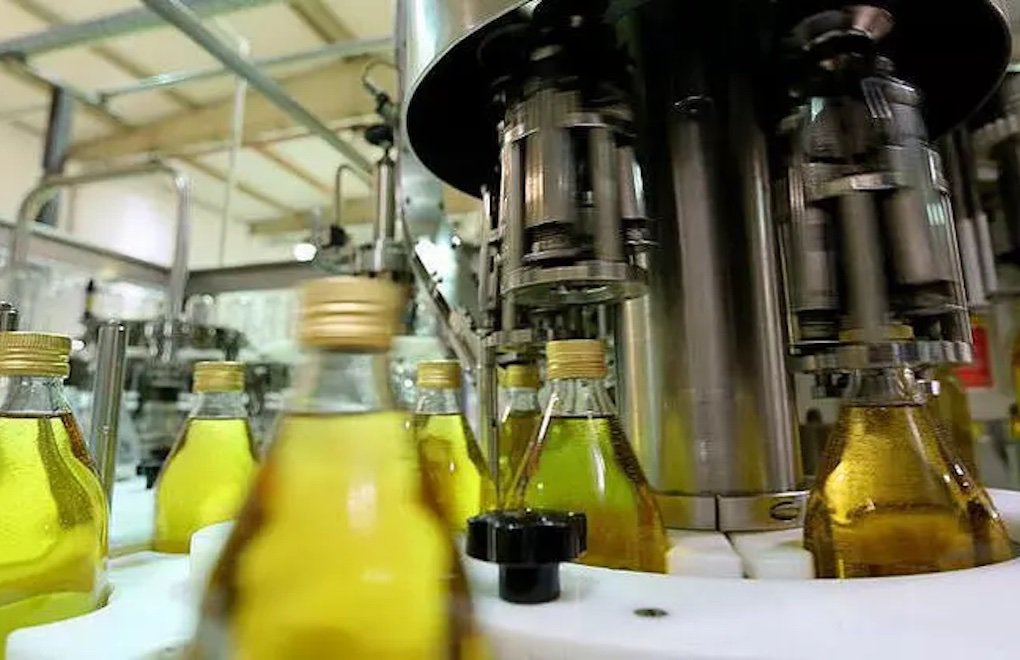Physical Address
Indirizzo: Via Mario Greco 60, Buttigliera Alta, 10090, Torino, Italy
Physical Address
Indirizzo: Via Mario Greco 60, Buttigliera Alta, 10090, Torino, Italy

Following parliament’s passage of a controversial omnibus bill on Jul 19, amending Turkey’s 1985 Mining Law to effectively deregulate energy industries that extract low-calorie lignite coal to power regional thermal plants, olive farmers, agriculturalists and environmentalists allied to the cause of their preservation across the Aegean countryside are rallying in defiance.
“The law is basically applicable anytime,” said Neşe Tuncer, a volunteer for MUÇEP, which stands for Muğla Environment Platform, working directly to engage farming communities in political resistance movements.
Amid calls for hunger strikes among villagers who protested for weeks outside of parliament in Ankara and a multi-tiered organizational front, the Environmental Impact Assessment (EIA) procedures that have ever been the mainstay of legal appeals against this momentum for the last decade are now authorized by the General Directorate of Mining and Petroleum Affairs (MAPEG), which can grant permits to deforest and strip agricultural and pastoral lands within four months if opinions from so-called relevant institutions are not submitted.
At present, the main opposition Republican People’s Party (CHP) and other opposition parties are working on an application to repeal the law in the Constitutional Court.
.jpg)
On the grassroots level, among the most active campaigns working beside local communities is Toprağımızı Vermiyoruz, which, in Turkish, means, “We Are Not Giving Away Our Land.”
On Jul 27, the initiative organized a general meeting with representatives from 35 NGOs, environmental platforms, political parties, and unions in Muğla, ground zero for the political confrontation between energy companies and over 30,000 villagers who stand in the way of the speculative extraction of local natural resources under their lands.
“As the Toprağımızı Vermiyoruz group, we are trying to get all of the opposition parties to put their signature while they are applying to the Constitutional Court. And more, we are looking into ways for citizens to write petitions to the Constitutional Court,” Tuncer explained.
As a result of the conference, one working group is now active in villages affected by the law while another works on distributing information and collectivizing efforts in the farmers markets of Milas and Yatağan. On their social media channels, Toprağımızı Vermiyoruz informs their networks of the repercussions of the omnibus bill’s passage, creating video explainers that detail the impacts of each of its 21 articles, the 11th of which directly threatens olive groves.

One key provision in the omnibus bill is provisional article 45, which streamlines permits for mining activities in a designated area within Muğla, which corresponds to three lignite mining sites.
“This is the first time something like this has happened to us,” said Hüseyin Uzun, whose village of Hasanlar is within the designated area. “When we first heard about this bill, we were devastated to learn that our village was within the coordinates outlined in the bill. I have over 300 trees, all of which I planted myself. I nurtured them like children.”
Uzun also has land in Karacahisar village and practices natural farming on a total of 25 acres without the use of pesticides or herbicides, growing dry and irrigated crops along with olives. He is a subsistence farmer and market vendor. His grandfather was a farmer. So was his father. Agriculture is his sole source of income. The olive trees he planted himself in 1994.
“We saw İkizköy, and the other villages that were destroyed due to mining when the Yeniköy thermal power plant was built, but this is the first time we have faced such an intervention. When drilling was done in Karacahisar and Çamköy looking for lignite, no mining exploration was even conducted in those villages,” Uzun told bianet.

For Uzun and tens of thousands of farmers like him in the zones designated for heavy industry, this is a fight for their labor. In economic terms, a ton of olives are worth 5,000 US dollars while a ton of coal is valued at 400 dollars. “I am ready to do everything through legal means. I am ready to fight together with others in every way. We have to do it. We have nowhere else to go,” he said.
For frontline environmentalists and farmers’ lobbyists, the passage of the law is shocking, as the challenge is unprecedented in terms of the amount of land threatened by coal investment. “We have to find new ways to get our struggle across to people,” Tuncer said.
“Some people think that this is an environmental struggle. This is not an environmental matter. It’s about our rights. It’s about our right to live and the right to own property, the right to participate in the government, the right to say no. All of these rights are banished with this law.” (MH/VK)